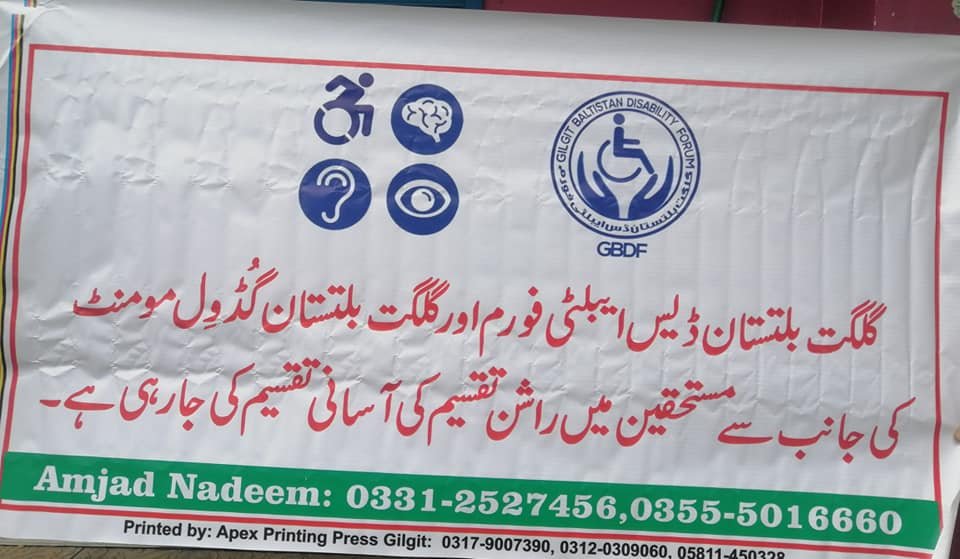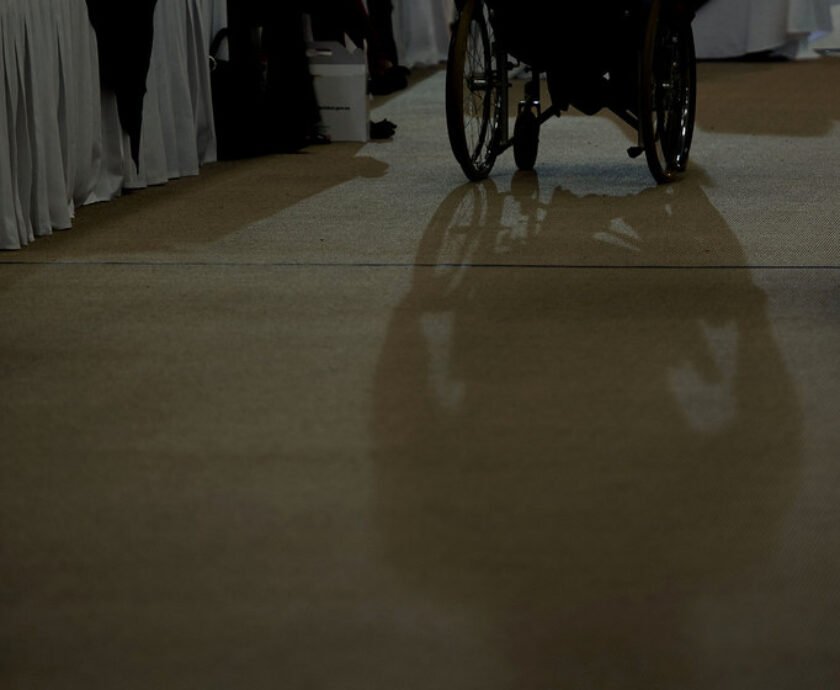The term “Goodwill” typically refers to the act of doing good for others. However, the concept of “good” itself can encompass various dimensions, including both short-term and long-term benefits.
In the short term, “good” often refers to actions or behaviors that result in immediate positive outcomes, such as providing assistance, kindness, or support to someone in need. This could include acts like donating to charity, offering a helping hand to a friend, or volunteering in the community.
On the other hand, “good” can also extend to long-term benefits or consequences. This involves considering the broader impact of our actions over time, including how they contribute to the well-being, development, and sustainability of individuals, communities, and the environment. Long-term “good” may involve fostering relationships built on trust and mutual respect, promoting social justice and equality, or advocating for policies that benefit future generations.
From my take, I like most people refer to Goodwill as providing assistance, kindness etc. But what benefit is Goodwill to the other, remains a unanwsered question. Thinking about this more clearly
Goodwill is often associated with
Building Trust and Relationships: Acts of goodwill foster trust and rapport between individuals, organizations, and communities. When people feel supported and cared for, it strengthens the bonds between them, leading to more cohesive and supportive relationships.
Enhancing Reputation: Engaging in goodwill activities can enhance one’s reputation within communities, organizations, or industries. Positive actions and altruistic behavior are often remembered and respected, contributing to a favorable public image.
That is an ideal individualistic outlook but it does not include the other.
Certainly, let’s clarify:
A few examples of the goodwill initiatives undertaken by us at Goodwill in the past, approximately four years ago, include:
- Supporting Persons with Disabilities with Food Rations during COVID: During the COVID-19 pandemic, we provided food rations to individuals with disabilities. This initiative aimed to address the immediate needs of this vulnerable group during a challenging time, ensuring they had access to essential sustenance.
- Providing Shelter: We offered shelter to those in need, extending a helping hand to individuals who were experiencing homelessness or facing precarious living situations. This initiative aimed to provide a safe and secure environment for those who lacked adequate housing.
- Distributing Clothing: We distributed clothing to individuals who lacked adequate attire, whether due to financial constraints or other circumstances. By providing clothing, we aimed to ensure that individuals had access to basic necessities and could maintain their dignity.
It’s important to note that while these actions may have brought individual happiness to the recipients by addressing their immediate needs, they also contribute to the overall well-being and happiness of the community. By supporting vulnerable individuals and addressing social issues such as food insecurity, homelessness, and lack of clothing, these initiatives help build a more inclusive and compassionate society, ultimately benefiting everyone.

Certainly, let’s clarify:
Despite the positive efforts and intentions behind goodwill initiatives, it’s important to acknowledge that the state of being “good” or achieving universal goodness may not always be fully realized.
Several factors contribute to this and at that time my individualistic good did not realise, or did not want to realise the
- Complexity of Issues: Many social issues, such as poverty, inequality, and discrimination, are deeply entrenched and complex. Addressing these issues requires sustained effort, resources, and systemic change, which may not always be easily achievable through goodwill alone.
- Limited Resources: Goodwill initiatives often operate within constraints such as limited funding, manpower, and time. These limitations can impact the scale and effectiveness of interventions, making it challenging to address the root causes of social problems comprehensively.
- Structural Barriers: Structural barriers, such as institutionalized discrimination or systemic inequalities, can hinder the impact of goodwill efforts. Overcoming these barriers often requires broader societal and policy changes that extend beyond individual actions.
- Varying Perspectives: What constitutes “good” can vary depending on cultural, social, and individual perspectives. Differences in values, priorities, and beliefs may lead to conflicting interpretations of what actions are considered beneficial or ethical.
- Unintended Consequences: Despite good intentions, some goodwill initiatives may inadvertently perpetuate harm or reinforce existing power dynamics. It’s essential to critically assess the impact of actions and ensure they align with principles of justice, equity, and inclusivity.
While the pursuit of goodness and the practice of goodwill are valuable endeavors, achieving universal goodness is a complex and ongoing process that requires collective effort, critical reflection, and continuous adaptation. Recognizing the limitations and challenges is crucial for fostering meaningful progress towards a more just, equitable, and compassionate society.
I don’t feel the need to delve into this topic extensively because it’s already widely discussed on multiple blogs. However, I want to emphasize that Goodwill’s mission is to benefit people, and it does so through active community involvement. Goodwill operates with the belief that the community itself is instrumental in achieving positive outcomes. Unfortunately, society, especially from a sociopolitical standpoint, often overlooks or fails to fully grasp this crucial aspect of Goodwill’s work.”
In this revised version, the statement is more straightforward, ensuring the reader can easily understand the speaker’s perspective on Goodwill’s mission and its perception within society.
“If we don’t involve ‘the people’ directly, how can we accurately represent their voices? This principle is at the heart of what we stand for at Goodwill. We advocate for the full inclusion of disabled individuals as active participants in society, ensuring their voices are heard and valued just like anyone else’s.”
Maybe this is something to ponder upon during this festive period of Ramadan.




